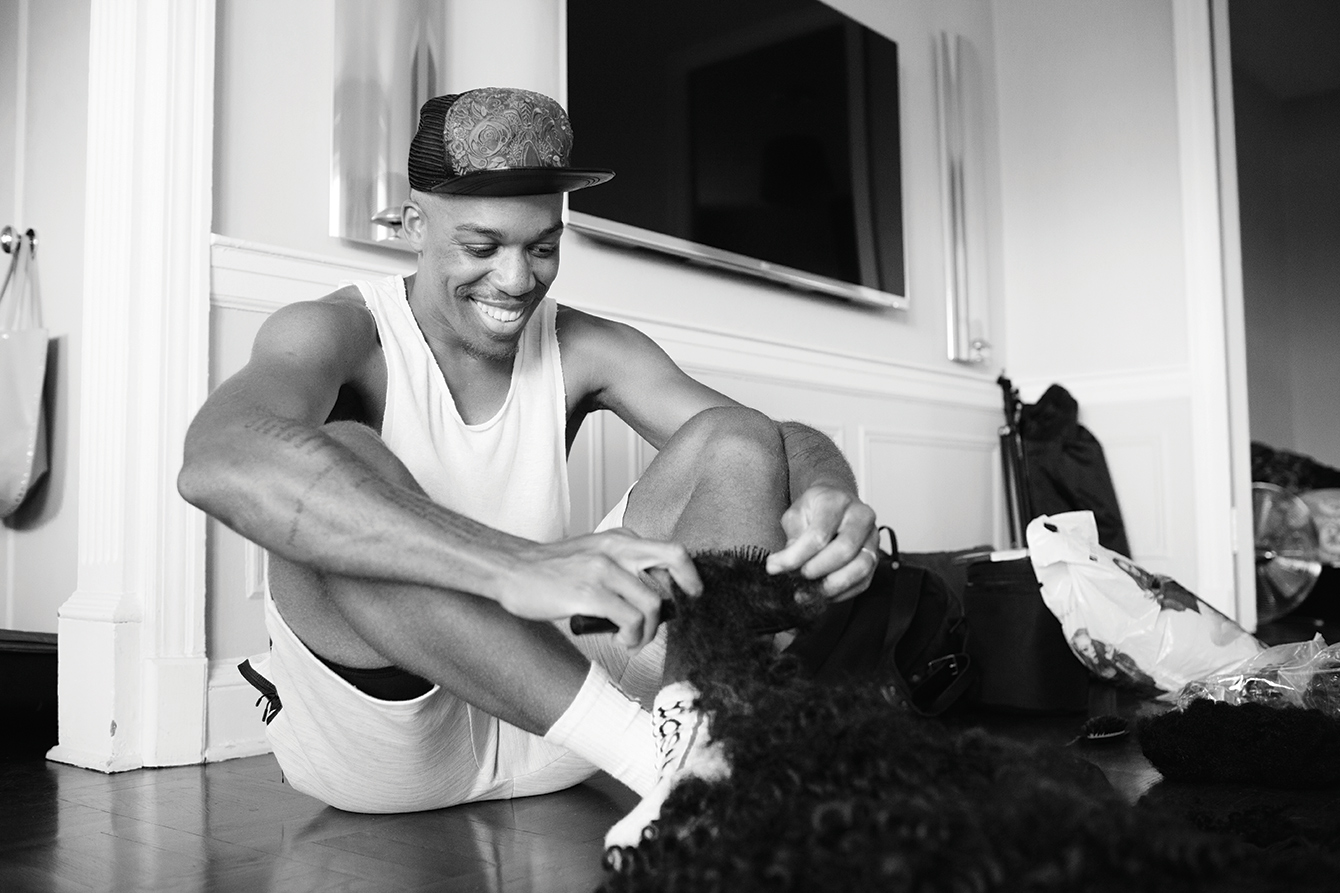
Born into a Rastafarian household in north England, Vernon François’ humble introduction to natural hairstyling came during Sunday afternoons as a child.
He would spend the day with his mother, preparing dinner and having her braid his hair for the week.
The experience, while not always pleasurable for a tender scalp, piqued his interest in working with textured hair.
“As a child, when you are exploring something that is intriguing to you, you continue to explore until you’ve exhausted all the avenues,” François reminisces. “That almost compels you into a lifetime mission, and that was my mission—to make [people] feel beautiful with their hair.”
He began that vocation at the impressionable age of 14, when he pursued hairstyling professionally, creating literal works of art using natural, afro-textured hair as his canvas.
Since then, the Brit has made quite the name for himself in the beauty world: winning numerous prestigious awards, having his work grace the cover of Vogue and Vanity Fair, and working with some of the biggest stars of our time, like renowned film director Ava DuVernay and tennis powerhouse Serena Williams. And in 2016, François created one of the most-talked-about Met Gala hairstyles that year.
“An homage to African tribes” is what the innovator called the sky-high up-do, worn by Oscar award-winning actor Lupita Nyong’o that night. Unfortunately, not all critiques communicated the inspiration for the style, with some publications assuming it was an ode to the late Audrey Hepburn, rather than a celebration of black culture.
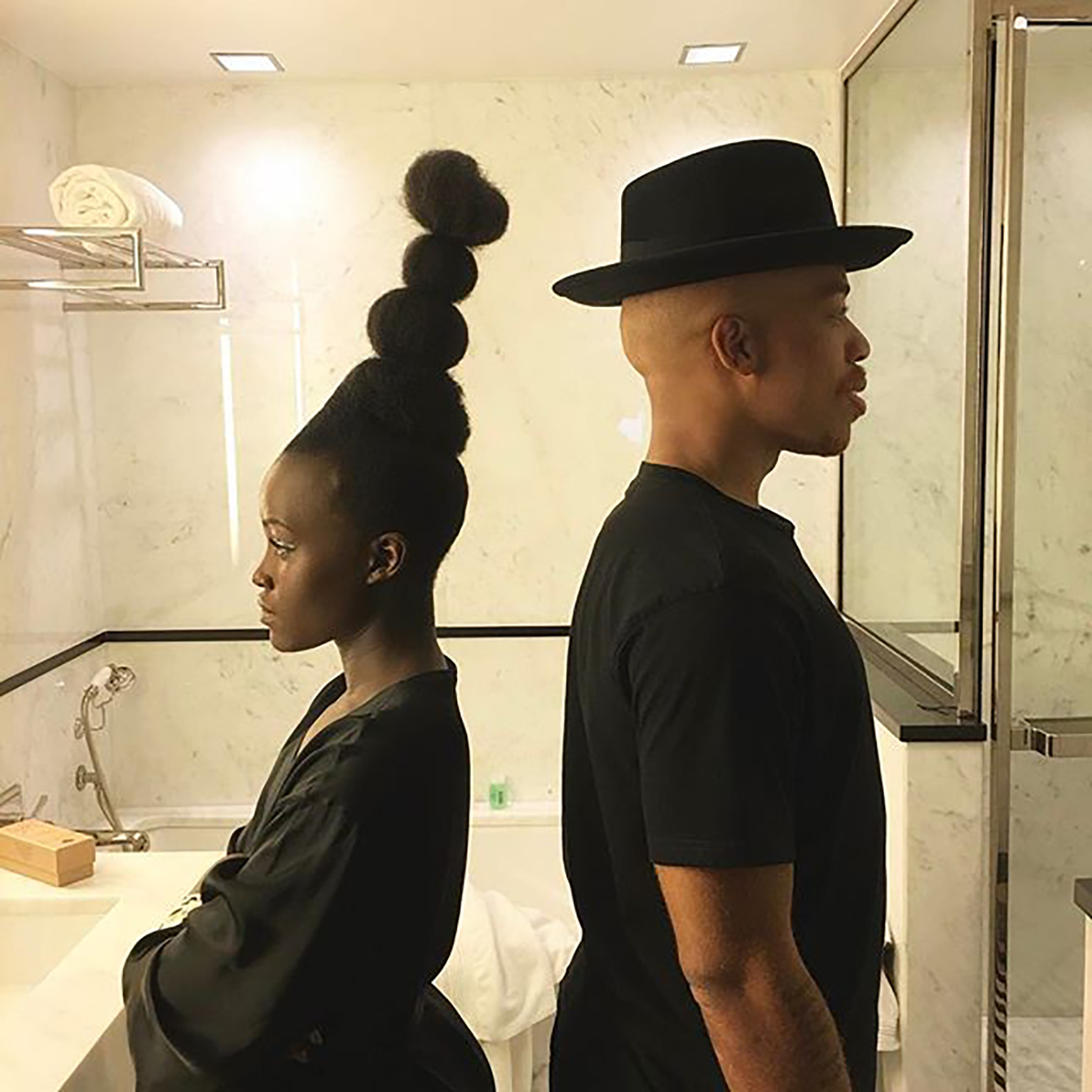
“The media wants to label it and coin it with something that’s familiarized to the general public, and that’s what happened,” François explains. “It started a conversation about what is aesthetically beautiful. And I think that conversation is still being had today.”
While François’ work is undoubtedly alluring, it should not be viewed from a solely aesthetic lens. It serves a much deeper purpose for women of colour who’ve rarely seen their natural hair celebrated.
For centuries, this cohort has faced pressure from society to mask its hair with wigs, weaves, and chemical relaxers, as a result of mainstream Eurocentric beauty standards dictating the beauty narrative.
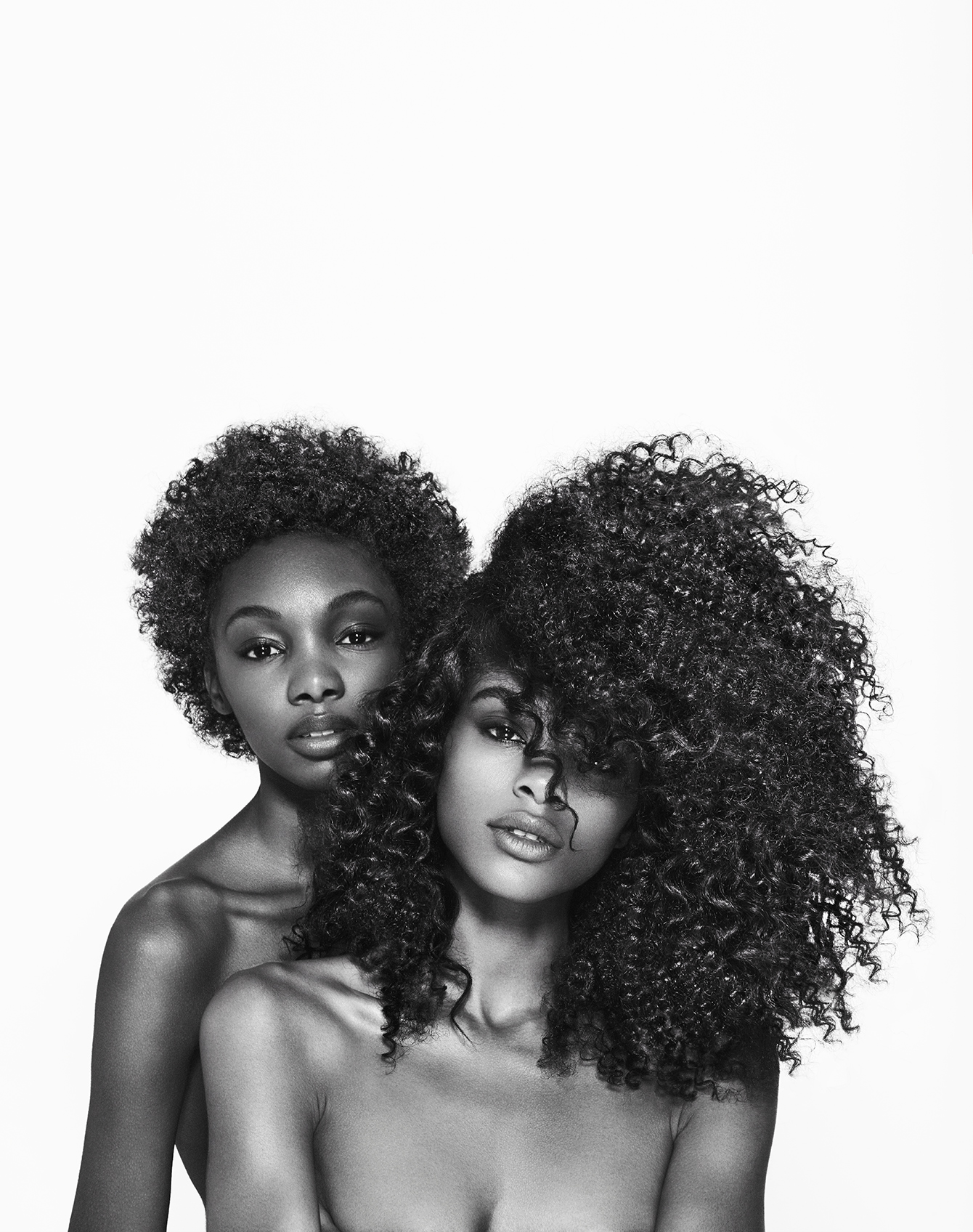
And though François grew up in a home where natural hair was worn in pride, he does reveal once giving into the pressure of having “good hair” by using a chemical texturizer to soften his coils—a decision he ultimately came to regret.
“That really sent me out on a quest to figure out what is this stuff that we put in our hair to manipulate the texture to make it ‘look and feel better,’ when in actuality it’s bad for the scalp,” François shares. “It made me want to figure out how other women can get the same results without using such harsh chemicals.”
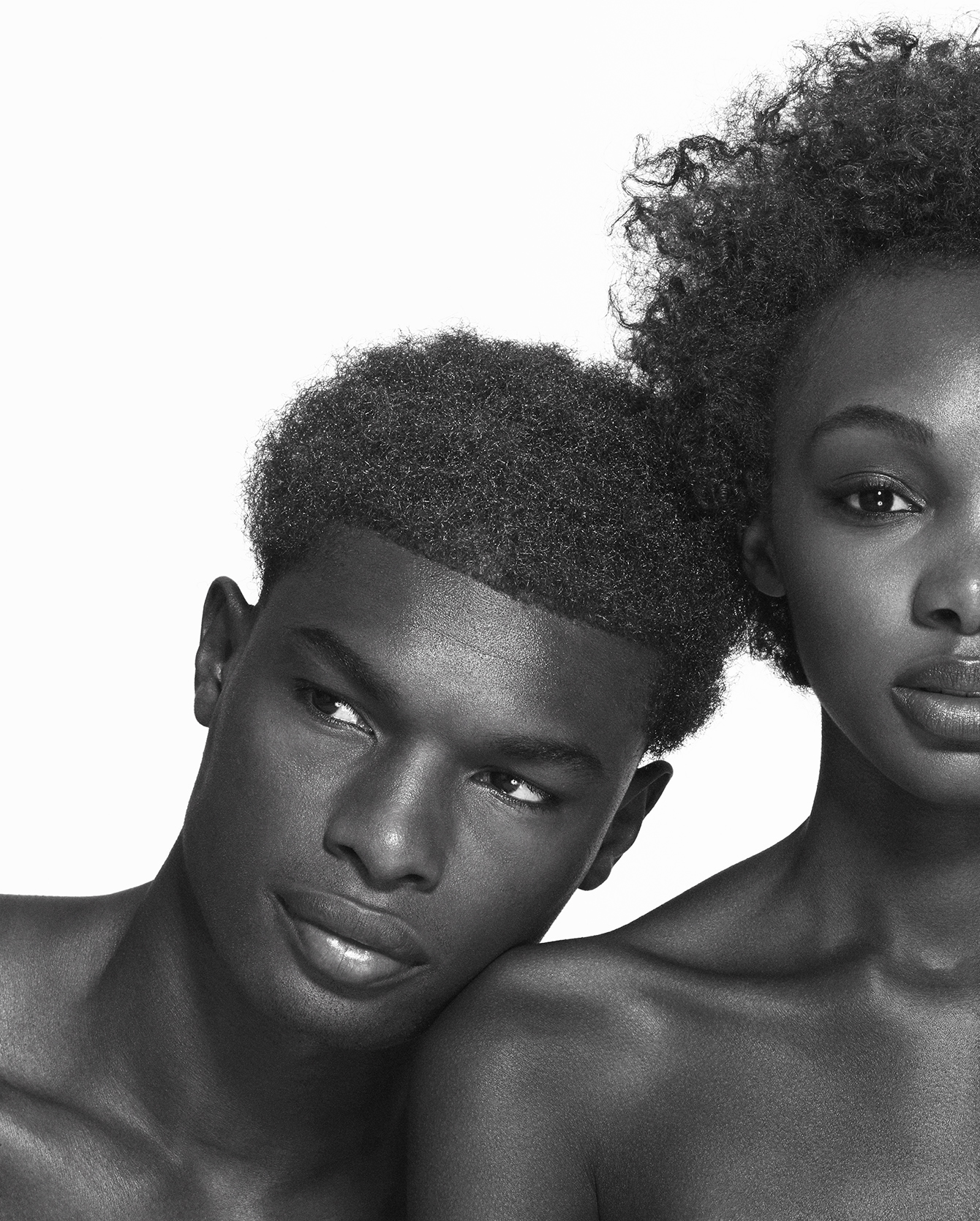
His solution came into fruition in fall 2016, when the haircare mastermind launched his eponymous luxury line of products catering specifically to damaged, coily, and looser curl types—Re-Vamp, Pure-Fro and Curl Command, respectively—which were met with rave reviews.
But the products’ significance goes way beyond what’s in the bottle. The iconography on the outside also sends an important message: by placing kinky and coily texture icons at the forefront of the line’s branding, François hopes to disband the belief that the straighter the hair, the better.
He’s also taking this message to the streets—literally, with a new video series #VFLovesHair on his Instagram page (@vernonfrancois), where he has positive conversations with strangers on why they love their textured hair. “I want to reset expectations about how to manage [natural] hair,” he adds.
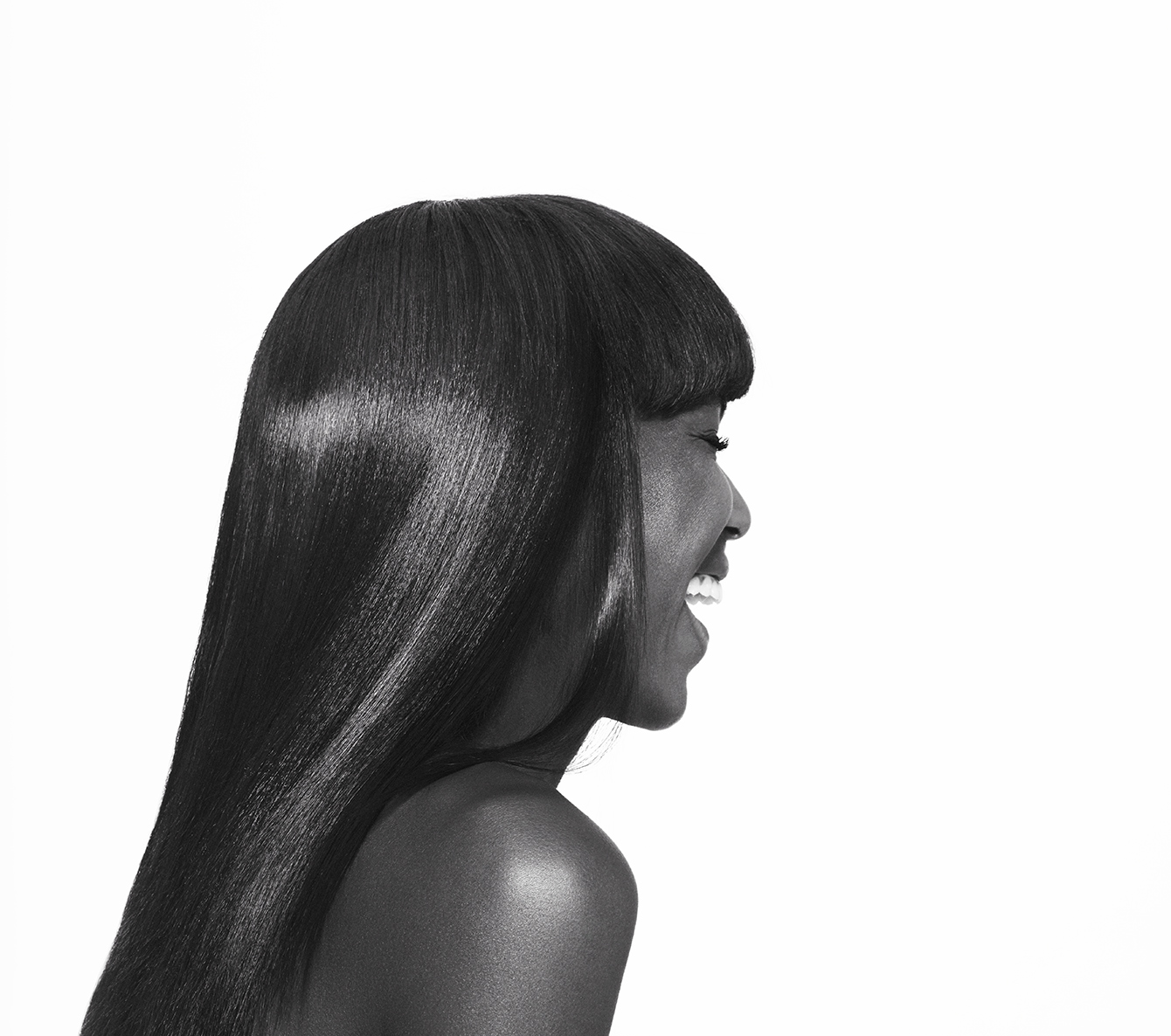
For the beauty industry as a whole, there’s definitely been a recent shift toward inclusivity, which François believes is here to stay—if the right people remain a part of the conversation.
“I operate on, if you don’t know, ask the question,” he says. “Invite people into the circle who know the answers. Don’t just assume that if it’s popular and you have deep pockets that you can capitalize on it.”
As for his own legacy, François seems to humbly look at his mission to make people feel beautiful naturally as something much bigger than just himself.
“Each look I do is touching someone around the world,” he says. “And that is not something I take for granted.”
